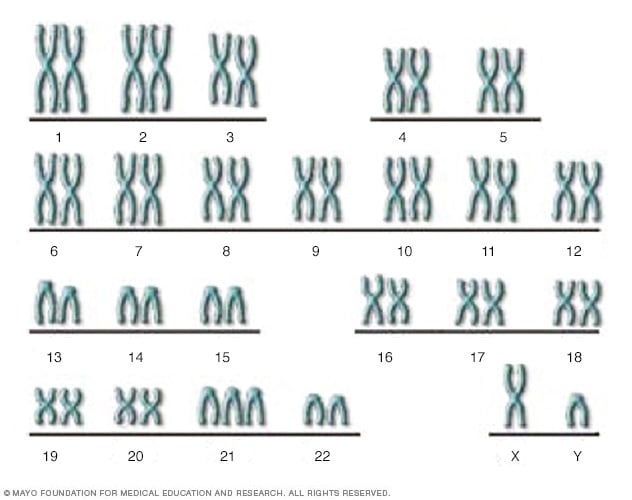In October 30, 1988, the Sunday supplement of La Vanguardia (a major Spanish newspaper) published an article I had written, commemorating the 90th anniversary of the publication as a book of Herbert George Wells’s novel The War of the Worlds. (It had been published in instalments the previous year). That year also marked a half-century after Orson Welles’s radio adaptation of that novel, which caused panic in part of the United States, because many people didn’t realize it was an adaptation of a novel and thought that the Martians were invading Earth.
This year marks the 127th anniversary of the publication of this novel, perhaps the best-known of works of H.G. Wells. A generation after Jules Verne, Wells is the second great precursor of a literary genre (science fiction) that enjoyed enormous expansion in the 20th century. In light of this anniversary, I wonder: Why do these celebrations always take place when the number of years is a multiple of 25? Why can't the 127th anniversary be celebrated?




